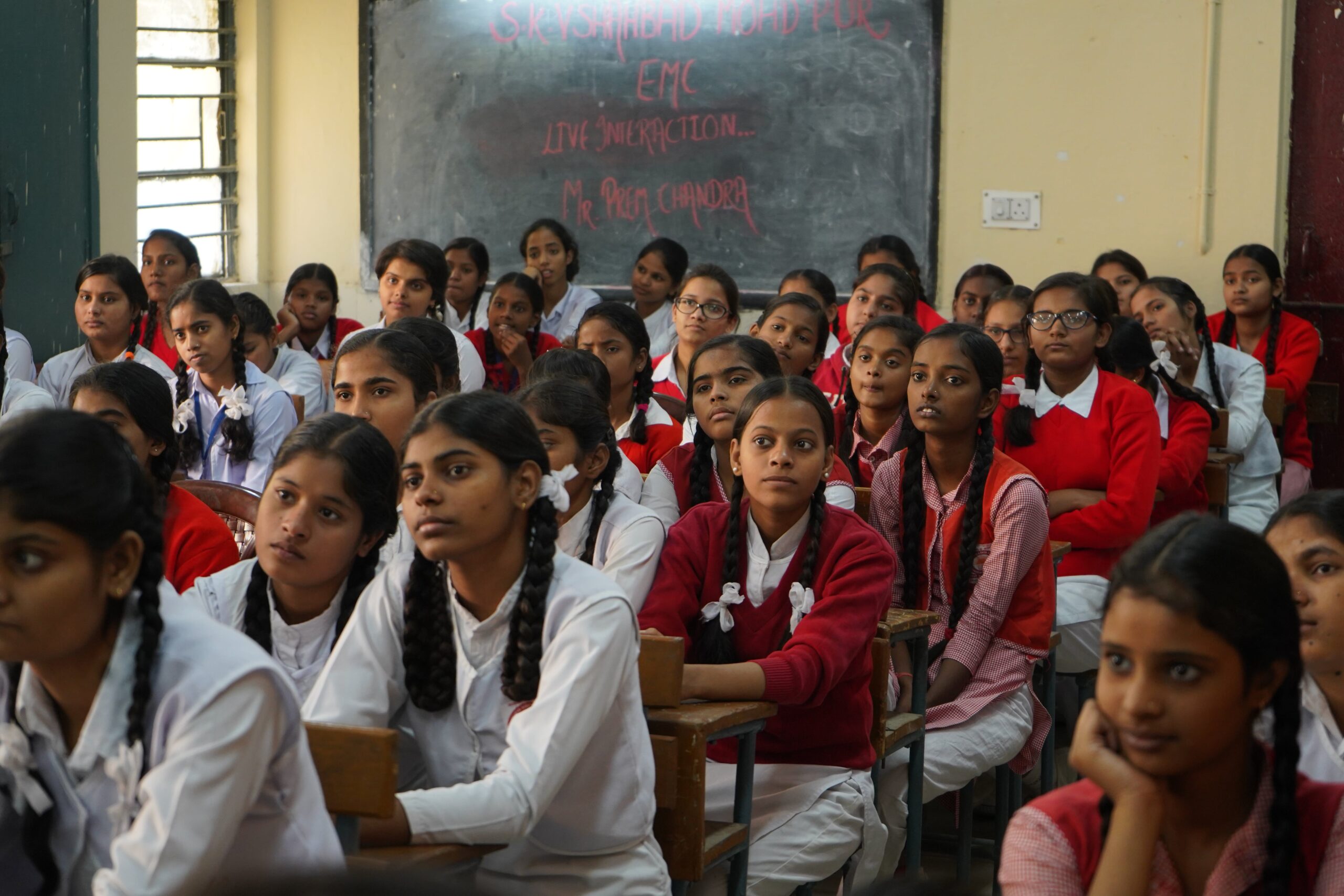
Maharashtra state has taken a significant step towards boosting the enrolment of girls in higher education by announcing a complete academic fee waiver for female students whose families bring in a total income of Rs eight lakh or less. This announcement of “free education for girls in Maharashtra” was made by the state’s higher and technical education minister, Chandrakant Patil, during the Joint Board of Vice-Chancellors meeting on Friday, where he instructed the universities to work towards increasing the number of female students in higher education across various fields. The move comes after the success of the 50% academic fee waiver currently in place for the same category of female students.
Governor of Maharashtra, Ramesh Bais, who chaired the JBVC meeting in his capacity as the Chancellor to all state universities, urged all VCs to declare results on time, as it is essential to ensure that students do not miss out on academic years or job opportunities due to delays in results. He reprimanded the universities last year for the same issue and stated that VCs would be held accountable for delays in the declaration of results and dispensation of mark sheets.
In addition to free education for girls in Maharashtra, Governor Bais instructed universities to increase their participation in the National Institutional Ranking Framework and adopt ten villages from their respective varsity’s jurisdiction to work towards academic and social development in rural areas. He emphasized the importance of skill-based and job-oriented courses, highlighting how countries like Germany, Japan, and Israel expect skilled manpower from India.
The initiative of offering complete free education for girls in Maharashtra from economically weaker sections is a significant step towards gender parity in higher education. It is a positive and progressive move that can encourage more girls to pursue higher education and improve their career prospects. This decision will not only benefit the students but also contribute to the overall development of the state and the country. Such initiatives should also be implemented in other states to increase access to education for girls and foster a more equitable society.


